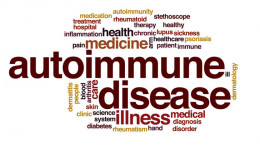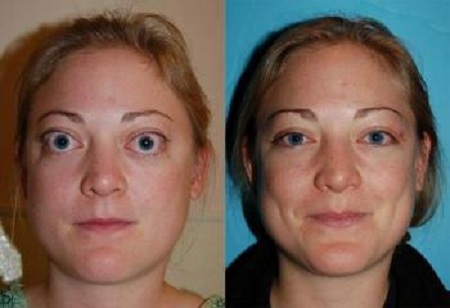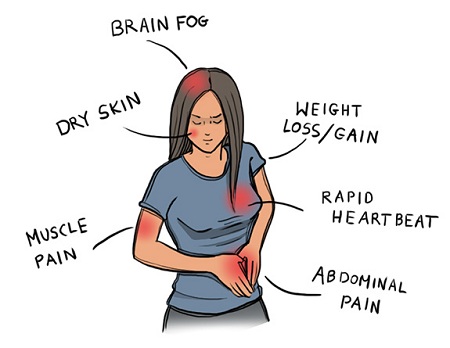Autoimmune Disease: A growing Disease especially among Women; Know its Types, Causes, Symptoms and More

The autoimmune disorder usually occurs when the body's immune system attacks and destroys the healthy tissues and normal body parts as the part of an abnormal immune response.
The autoimmune disorder usually occurs when the body's immune system attacks and destroys the healthy tissues and normal body parts as the part of an abnormal immune response.
The immune system is a complex organization normally designed to seek and destroy foreign particles invading the body, including infectious agents.
Nearly any body part can be affected during the condition. The National Institutes of Health (NIH) estimates up to 23.5 million Americans suffer from autoimmune disease and the prevalence is rising.
What Is An Autoimmune Disease?
It is the condition in which the immune system mistakenly attacks your body.
The immune system is responsible to guard the body against diseases and germs like bacteria, virus, etc. When the immune system senses the foreign particles, it activates the fighter cells to attack them.

In case of autoimmune disease, the immune system the body parts like joints and skin as foreign releasing a protein named autoantibodies.
Causes of Autoimmune Disease
The exact cause of the disorder is still a mystery. Some people, however, are prone to the condition than others.
Women get the diseases at a rate of about 2 to 1 compared to men. The disease often initiates during a woman's childbearing age between 14-44.

Some autoimmune diseases are specified in certain ethnic groups. For instance, lupus is seen in African-American and Hispanic than Caucasians.
Diseases like lupus and multiple sclerosis run in families.
Types
There are at least 80 different types of autoimmune diseases. Though each form of the disorder is unique on its own, many share some symptoms like fatigue, dizziness, and low-grade fever.
Some common autoimmune disorders are listed below:
- Graves disease
- Type I Diabetes
- Sjögren syndrome
- Rheumatoid arthritis
- Systemic lupus erythematosus
- Myasthenia gravis
- Multiple sclerosis
- Vasculitis
- Vitiligo
- Pernicious anemia
Signs And Symptoms
An autoimmune disorder may result in the destruction of body tissue with an abnormal growth of an organ.

It may also chance function of certain organs. The early symptoms spotted in many autoimmune conditions are listed below:
- Fatigue
- Swelling and redness
- Trouble in concentration
- Tingling and numbness in hands and feet
- Excess hair loss
- Skin Rashes
- Achy muscles
The disorder may affect one or more than one parts of the body. Common areas affected by the autoimmune disease are:
- Skin
- Red blood cells
- Joints
- Muscles
- Connective tissues
- Blood vessels
- Endocrine glands like thyroid and pancreas
When To See A Doctor? It's Diagnosis And Treatment
See a doctor if any of the above-mentioned sign is observed in an individual or any of the body part is affected.
No single test can diagnose most autoimmune disorders. Doctor use a combination of tests and observe the symptoms before diagnosis.

The antinuclear antibody test (ANA) is the first test doctor use when symptoms suggest an autoimmune condition.
Treatment methods applied in the autoimmune condition can't cure the disease but it controls the overactive immune response and reduce inflammation.
Drugs generally used to treat these conditions include nonsteroidal anti-inflammatory drugs (NSAIDs) like naproxen (Naprosyn) and ibuprofen (Motrin, Advil) and immune-suppressing drugs.
Treatments are also available to relieve symptoms like pain, skin rashes and swelling.
Getting regular exercise early in the morning and having well-balanced diet can also control the issue to some extent.
